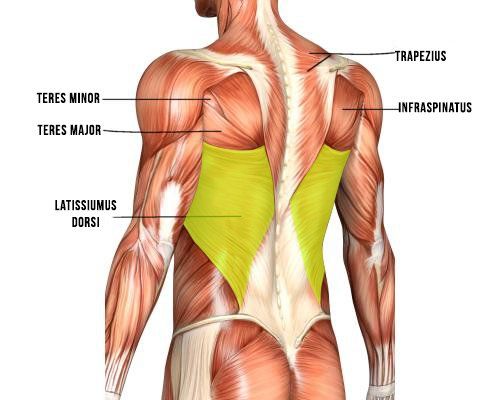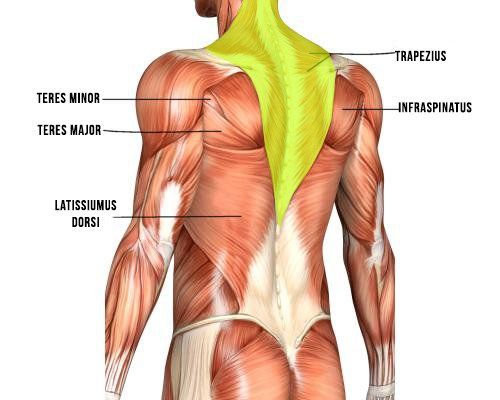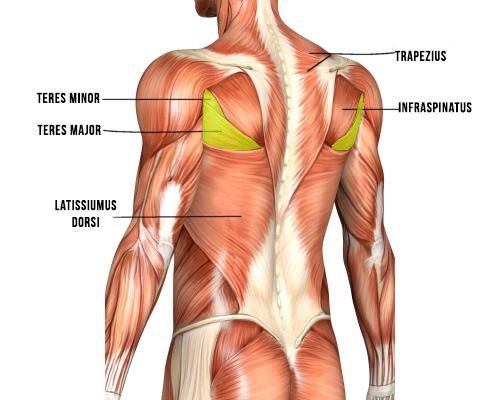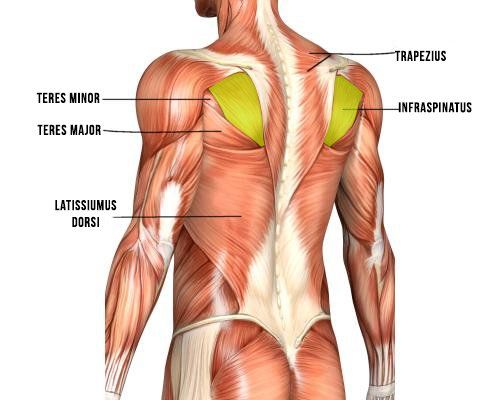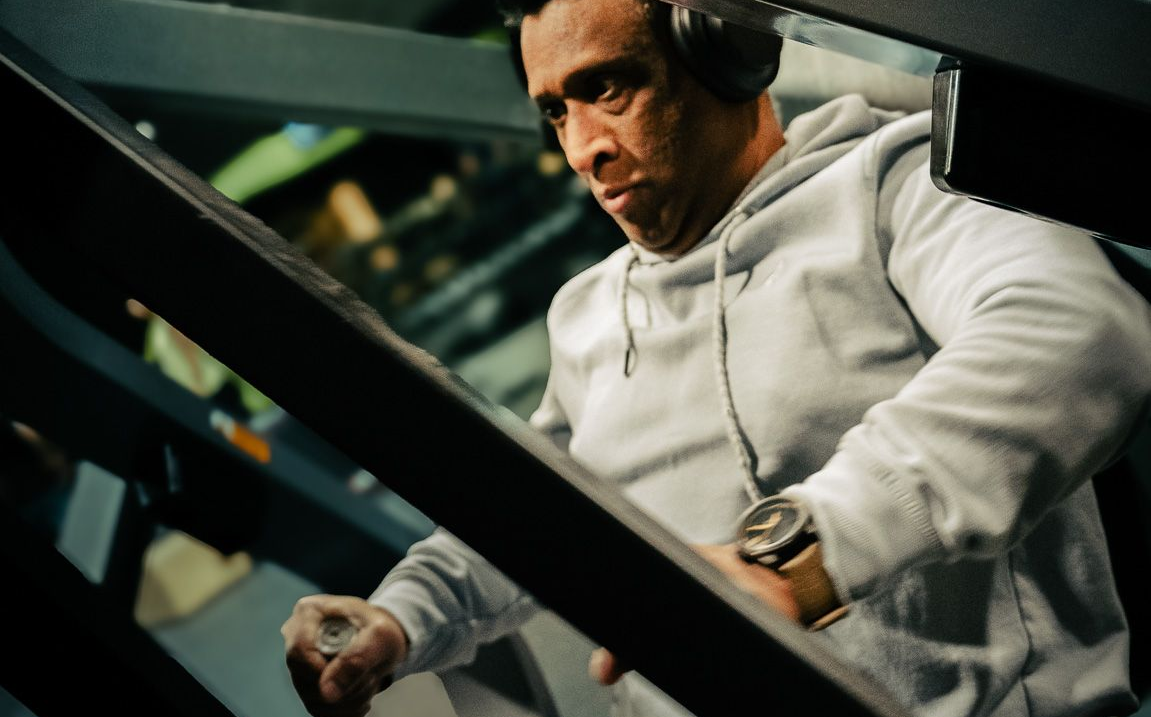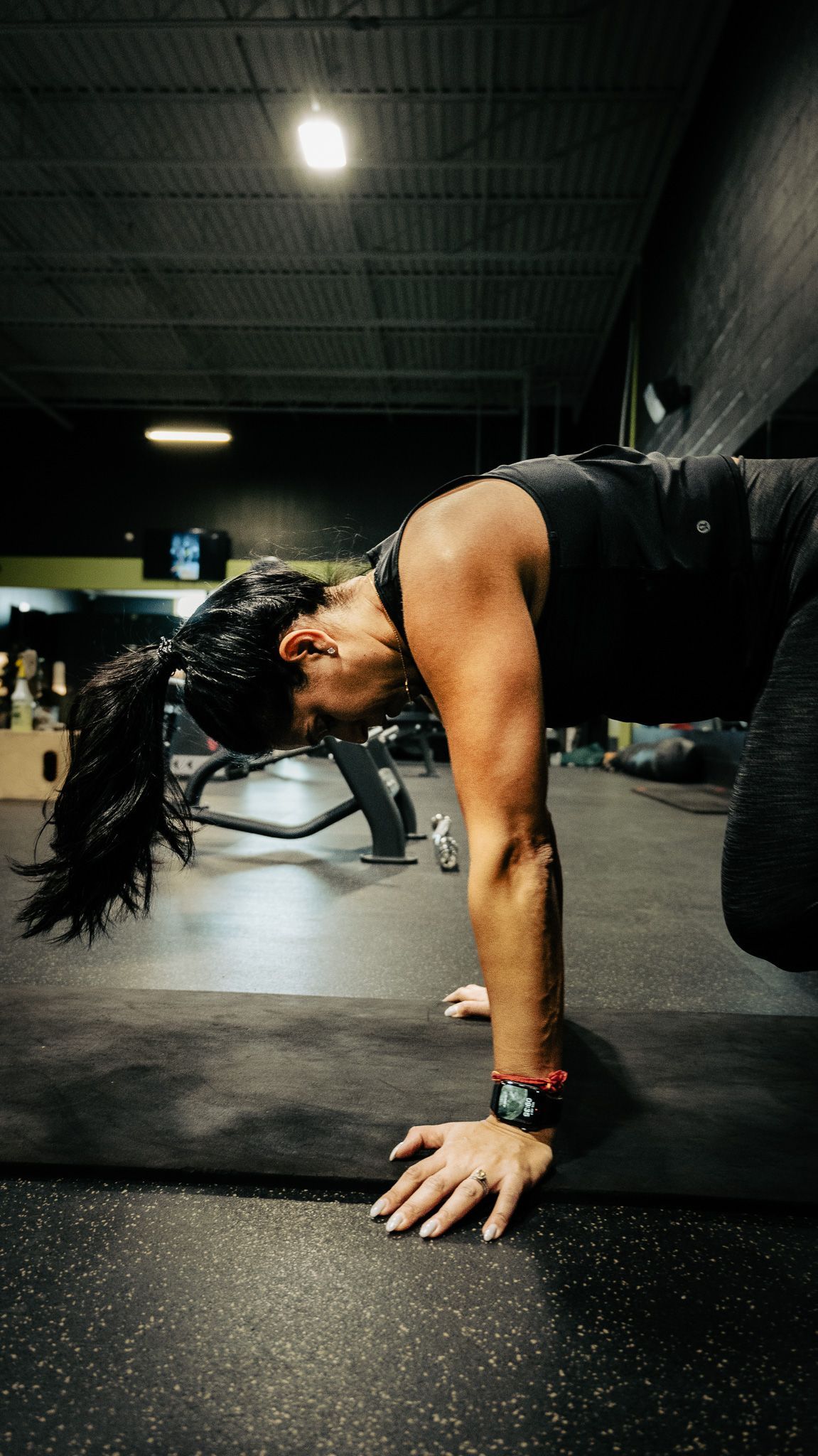September 26, 2021
How to get Stronger in your Pull Up / Chin Up
Strength Training for Pull Ups and Chin ups
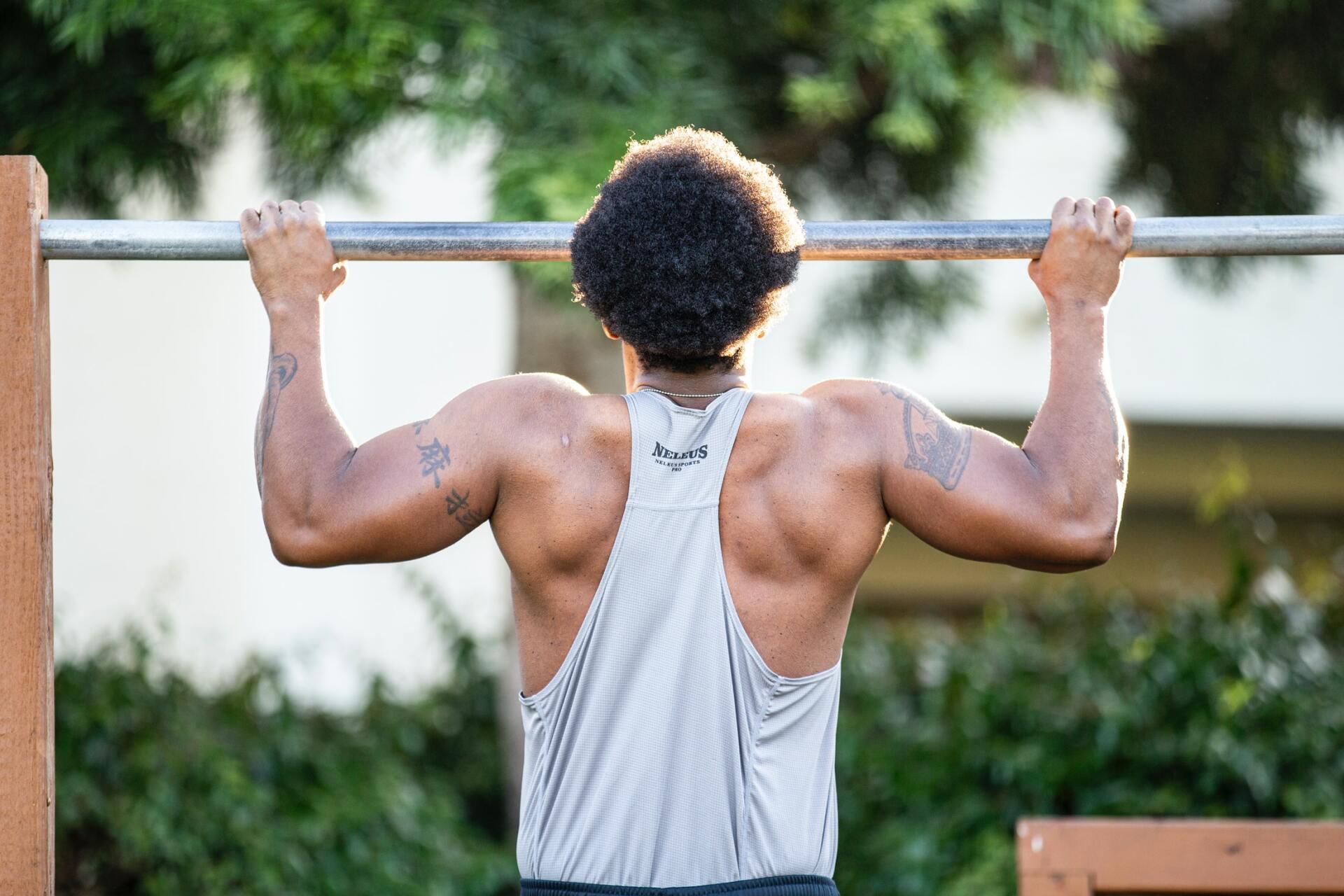
Most people want to be able to pull their own body weight. In a gym, Most are scared to try for fear of looking silly attempting and failing.
I hear it all the time "I've always wanted to do pull ups". I have trained many people who could never do pull ups to do weighted pull ups.
There is a systematic way you can train your muscles and eventually get strong enough to do them.
For those who want to do pulls or chin ups and cannot here is a guide on how to do it as long as you stay consistent with the program.
There are various muscles that are involved while pulling your body up. While many do them mainly using arm strength, it is useful to remember that the bicep is a comparatively small muscle and was never designed to lift the weight of the entire body. We have an assortment of muscles in our backs that work in unison to pull our bodies up.
How to improve your chin up
The different areas to work on to do a pull up or chin up are
- Grip Strength
- scapular rotation
- arm strength
- Posture to be able to use the back muscles to drive the movement
- neuro muscular connection (mind muscle connection) so you can use more muscles for the movement
- Specific training method to increase strength (Eccentric overload)
- Metabolic training to build muscle endurance
- Isometric training to be able to have more control over your muscle and hence be able to contract them more.
Eccentric Overloading
Eccentric overloading basically means increasing the stress and tension on the muscle during the eccentric phase of the movement. Among the 3 phases of a muscle movement (Concentric, Isometric, Eccentric), the Eccentric portion of the movement is where the muscle is strongest and overloading it at this stage will cause more muscle tears and with adequate recovery more muscle growth

